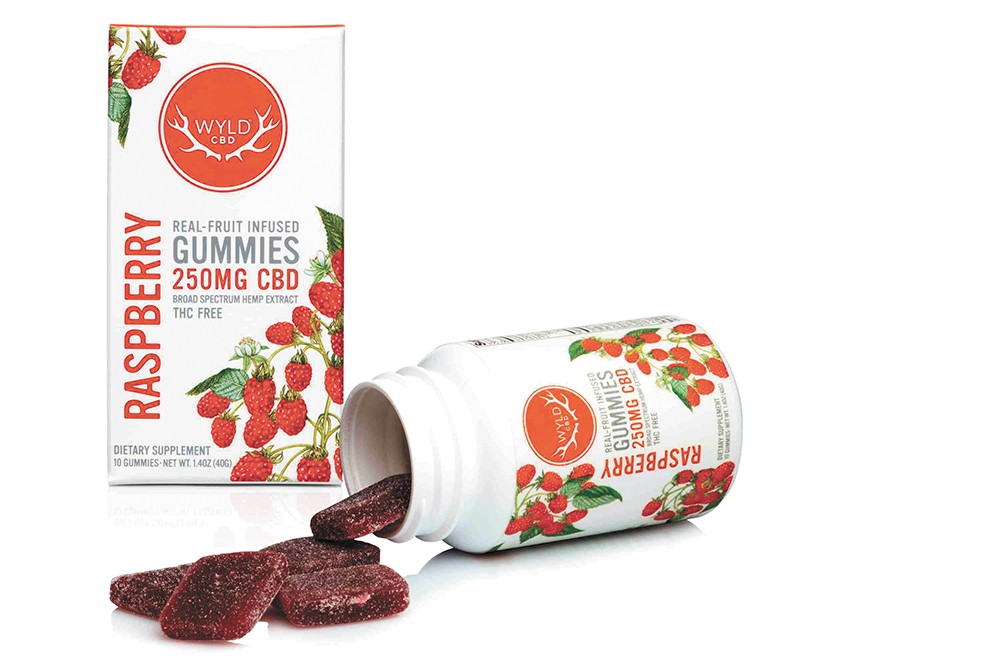
Cannabidiol, or CBD as it is commonly known, is a chemical from cannabis that can be found in products at state-licensed dispensaries as well as grocery stores and gas stations around the nation. Unlike products containing THC, the chemical in cannabis that gets you high, you can buy CBD just about anywhere. But there can be some big differences in what you're buying based on where you choose to make your purchase.
The most noticeable difference you'll see is that products from traditional retailers make prominent use of the word "hemp" while products from dispensaries don't. That's because of the 2018 Farm Bill which effectively legalized hemp at the federal level, simply by defining what it is.
In the eyes of the federal government, cannabis plants containing less than 0.3 percent THC, by weight, are known as hemp. They can be grown legally under the proper circumstances. Meanwhile, cannabis plants containing more than 0.3 percent THC are treated like marijuana, the federally illegal drug.
Head into your neighborhood Rosauers, for example, and pick up a pack of Wyld CBD Gummies. On the supplement facts section of the packaging, you'll see a line at the bottom that says, "Caution: This product contains CBD extracted from industrial hemp."
That line is why you're able to find that product in a grocery store. It's also why that product can't get you high. That line doesn't need to show up at the dispensary down the road.
Washington state-licensed dispensaries can sell cannabis. As a result, they can sell CBD products derived from it; they're not forced to source their CBD from hemp. CBD products sold at dispensaries can also contain THC, meaning they can also get you high, though not all do.
On that hand, the dispensaries are less regulated than other stores, but on the other they're much more regulated. State law treats CBD like it does all other cannabis products, and that involves a level of regulation far higher than the federal government has yet to find for hemp.
The federal government has yet to clearly enunciate its policy in the wake of the 2018 Farm Bill, sending mixed messages to CBD producers about what is and is not acceptable. It's led to an explosion of CBD in both availability and diversity of product. ♦

